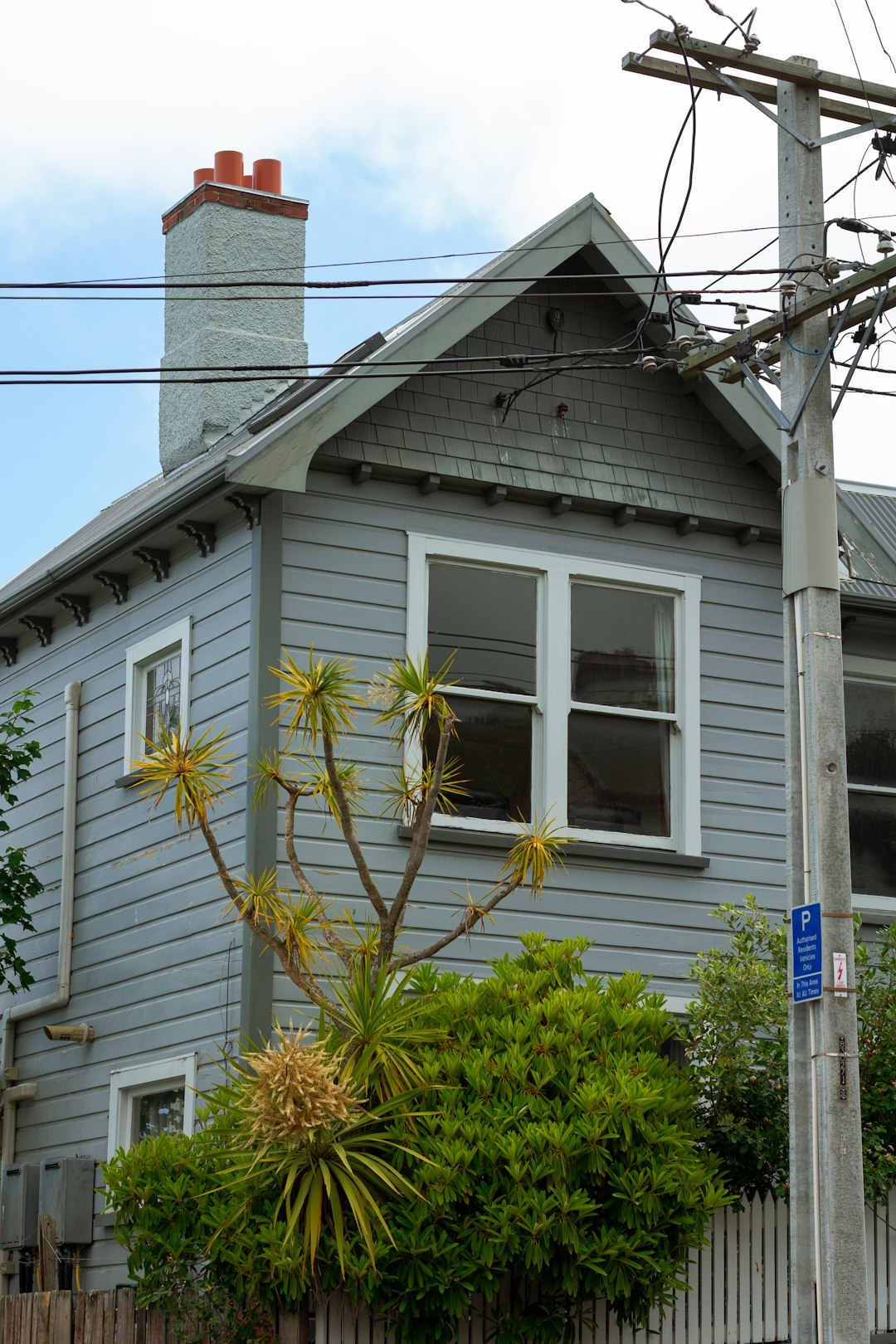Buying a new home is one of the biggest investments most people will make in their lifetime. Whether you’re a first-time buyer or a seasoned homeowner, understanding the protections available to you is essential. In New Jersey, one of those key protections is the new home warranty. So what exactly is the new home warranty in NJ, and what does it cover?
The New Home Warranty and Builders’ Registration Act is a state law designed to safeguard buyers of newly constructed homes. Operated by the New Jersey Department of Community Affairs (DCA), this program provides minimum warranty coverage for new homeowners and sets performance standards for builders. Every builder of a new home in NJ must register with the state and enroll homes into this warranty program.
An Overview of Coverage
The new home warranty in New Jersey offers three tiers of protection over a period of ten years. These warranties are structured to provide homeowners with peace of mind in the event of construction defects.
- Year 1: During the first year, the warranty covers most defects in workmanship and materials. This includes issues like poorly installed flooring, faulty drywall finishing, or incorrectly installed plumbing fixtures.
- Years 2: In the second year, coverage extends to all systems of the home, such as HVAC, electrical, and plumbing systems.
- Years 3 through 10: This final phase focuses on major structural defects, including failures in load-bearing portions of the home’s foundation, beams, walls, floor systems, and roof framing systems.

One key feature is that this warranty follows the home—not the homeowner. So even if a home is sold in the first 10 years, the new owner benefits from the remainder of the warranty term.
What’s Not Covered?
While the warranty covers many issues, it doesn’t account for everything. Here are some examples of what’s not included:
- Damage due to owner negligence or failure to perform necessary maintenance
- Defects from work done by the homeowner or third parties after original construction
- Normal wear and tear or cosmetic issues such as minor cracks in drywall or concrete
- Damage from natural disasters like earthquakes or floods
Buyers should carefully review the warranty documentation to understand the scope and limitations of coverage. Some builders may also offer a supplemental warranty that exceeds state requirements, so it’s worth asking during the purchase process.
How to File a Warranty Claim
In the event you discover a defect, the process to initiate a claim is straightforward but must be done through specific channels. Here’s a general breakdown:
- Submit a written complaint to the builder first. This gives them a chance to address the issue directly.
- If unresolved within a given time period (usually 30 calendar days), file a formal claim with the New Jersey Department of Community Affairs.
- The DCA may offer dispute resolution mechanisms like conciliation or arbitration to resolve the matter.
It’s important that homeowners keep all documentation, including contracts, receipts, and photographs of the defect, to support their claim.

Why This Warranty Matters
When you’re buying a new home, the last thing you want is unexpected costs due to construction defects. The New Jersey new home warranty provides a crucial safety net that ensures builders are held accountable and that homeowners are not left to deal with costly repairs alone.
Here are just a few benefits of the NJ new home warranty:
- Boosts buyer confidence when purchasing a newly built property
- Establishes standards for builder accountability
- Offers recourse in case of major issues
- Provides resale value, since the warranty is transferable
Buying a home can be overwhelming, but knowing your rights and protections under New Jersey’s New Home Warranty program can offer peace of mind. Always read the fine print and consult an expert if you have questions before closing the deal. After all, a home is more than just a financial investment—it’s where your life unfolds. Make sure it’s protected.


Leave a Reply